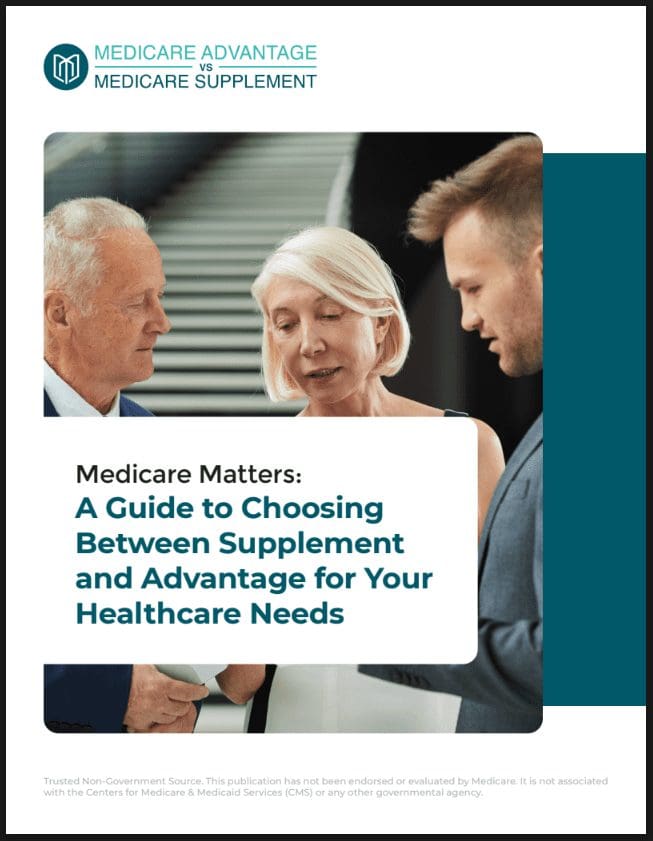Key Takeaways
-
Many people assume Medicare Part A is free, but that’s not always the case. You may face unexpected costs if you haven’t worked enough quarters or if you delay enrollment.
-
Understanding the eligibility rules and available cost-saving strategies can help you avoid overpaying for Medicare Part A.
Why Medicare Part A Isn’t Always Free
Medicare Part A is often described as “premium-free,” but that only applies to those who have worked and paid Medicare taxes for at least 40 quarters (10 years). If you don’t meet this requirement, you may have to pay significant monthly premiums for hospital coverage. Additionally, delaying enrollment can lead to late penalties that make your coverage even more expensive.
Let’s break down some of the common reasons you might end up paying more for Medicare Part A than you expect—and how to avoid these unnecessary costs.
1. You Haven’t Worked Enough Quarters to Qualify for Premium-Free Part A
Medicare Part A is free for most people, but only if you (or your spouse) have worked at least 40 quarters (10 years) in jobs where you paid Medicare taxes. If you don’t meet this requirement, you’ll need to pay a monthly premium for Part A coverage in 2025:
-
$518 per month if you have fewer than 30 quarters of work history.
-
$284 per month if you have between 30 and 39 quarters.
How to Avoid This Cost
-
Work More Years if Possible: If you’re close to 40 quarters, consider delaying retirement to meet the requirement and qualify for premium-free Part A.
-
Use Your Spouse’s Work History: If your spouse has enough quarters, you may qualify for premium-free Part A based on their record.
-
Look Into Other Coverage: If you don’t qualify for free Part A, compare other coverage options to see if they may be more cost-effective.
2. You Delayed Enrollment and Now Face a Late Penalty
If you don’t enroll in Medicare Part A when you first become eligible and don’t have other qualifying coverage, you could face a late enrollment penalty. This penalty adds 10% to your monthly premium for twice the number of years you delayed enrollment. For example, if you delayed enrollment by two years, you would pay the penalty for four years.
How to Avoid This Cost
-
Sign Up on Time: Your Initial Enrollment Period (IEP) starts three months before your 65th birthday and lasts for seven months. Enroll during this time to avoid penalties.
-
Qualify for a Special Enrollment Period (SEP): If you’re covered by an employer’s health plan beyond age 65, you can delay Medicare enrollment without a penalty. But once that coverage ends, you must sign up within eight months to avoid extra costs.
3. You Didn’t Consider the Hospital Deductible and Coinsurance
Even if you qualify for premium-free Medicare Part A, it doesn’t mean all hospital-related costs are covered. In 2025, the Medicare Part A deductible is $1,676 per benefit period, which resets if you are out of the hospital for more than 60 days. Additionally, you may face coinsurance costs:
-
$419 per day for hospital stays beyond 60 days.
-
$838 per day for lifetime reserve days (up to 60 days over your lifetime).
-
$209.50 per day for skilled nursing facility stays beyond 20 days.
How to Avoid This Cost
-
Budget for Out-of-Pocket Expenses: Plan ahead for hospital costs, especially if you expect frequent hospital visits.
-
Consider Supplementary Coverage: Look into secondary coverage that may help offset hospital deductibles and coinsurance.
-
Limit Long Hospital Stays: If possible, coordinate care to minimize lengthy hospital stays that could trigger higher costs.
4. You’re Paying for Part A While Still Working and Covered by Employer Insurance
If you’re still working at age 65 and have employer-sponsored health insurance, you might be paying unnecessary Medicare Part A premiums. Some workers sign up for Medicare without realizing that their employer coverage is already sufficient, leading to unnecessary costs.
How to Avoid This Cost
-
Check Employer Coverage Rules: If your employer has 20 or more employees, you may not need Medicare Part A immediately, as your employer coverage will remain primary.
-
Understand Coordination of Benefits: If you enroll in Medicare while still covered by an employer plan, Medicare may become secondary, meaning it won’t pay much unless your employer coverage is exhausted.
-
Delay Part A Enrollment If Necessary: If you must pay premiums for Part A, delaying enrollment while still covered by your employer plan could help you avoid unnecessary costs.
How to Plan Ahead and Minimize Costs
Medicare Part A costs can take you by surprise if you don’t plan accordingly. Here are some final steps you can take to ensure you’re making the most cost-effective decisions:
-
Review Your Work History: Confirm your Medicare tax payment history to determine whether you qualify for premium-free Part A.
-
Understand Your Enrollment Timeline: Don’t miss deadlines that could result in late penalties.
-
Budget for Deductibles and Coinsurance: Even premium-free Part A has significant out-of-pocket costs.
-
Consult a Licensed Agent: Medicare rules can be complex, and a professional can help you navigate your options and avoid unnecessary expenses.
If you need help understanding your Medicare options, reach out to a licensed agent listed on this website for professional advice tailored to your situation.









